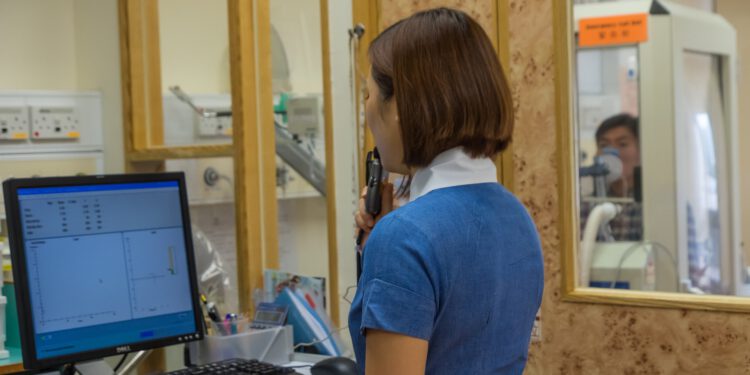Predicting a heart attack is already something artificial intelligence can do more accurately than doctors, according to a study by the University of Notingham.
The ability of artificial intelligence to learn to perform tasks is yet to be explored. It is now when the techniques of machine learning and deep learning are being deepened. Both academically and in the business world, this type of software is perfecting and reaches ever higher levels of precision. Sometimes progress is rather abstract, but at other times progress is solid. This is the case of the work developed by experts from the University of Nottingham.
The algorithms that researchers at the University of Nottingham have created and trained have been able to predict a heart attack more accurately that one of the methods commonly used by doctors. This is a milestone, both in artificial intelligence and medicine.
And is that in recent years artificial intelligence is being incorporated into medicine precision. The design of personalized treatments or a screening in the diagnosis is already a task that algorithms do. In specific cases it has even been proven that a specifically trained software is able to diagnose skin cancer with the same accuracy as a doctor. And this is achieved based on image recognition.
When it comes to work out of the University of Nottingham, the results have been surprising. Scientists took four machine learning algorithms. These four techniques were trained with a large amount of data, from medical records of 378,256 British patients. These software trained themselves with the information they had available.
The programs had the mission of finding patterns associated with cardiovascular incidents. Once the pattern search phase is finished, they tested their ability with some of the information. This stage helped them to correct errors and reaffirm their correct predictions.
Once the training was completed, the algorithms were tested. The goal was to predict heart attacks in 2005 patients over the next ten years. His success was between 74.5% and 76.4% , while the method used by doctors showed a percentage of 72.8%. (The method it has been compared to is based on guidelines from the American College of Cardiology/American Heart Association.)
The work carried out by these researchers is decisive for a reason. It improves the results that doctors would normally give, that is, those that there were until now. Thus, artificial intelligence would not only serve to free professionals from this work and allow them to focus their efforts on others: it would improve the care given to the patient.
Images: Asian Development Bank, Zenia Núñez








